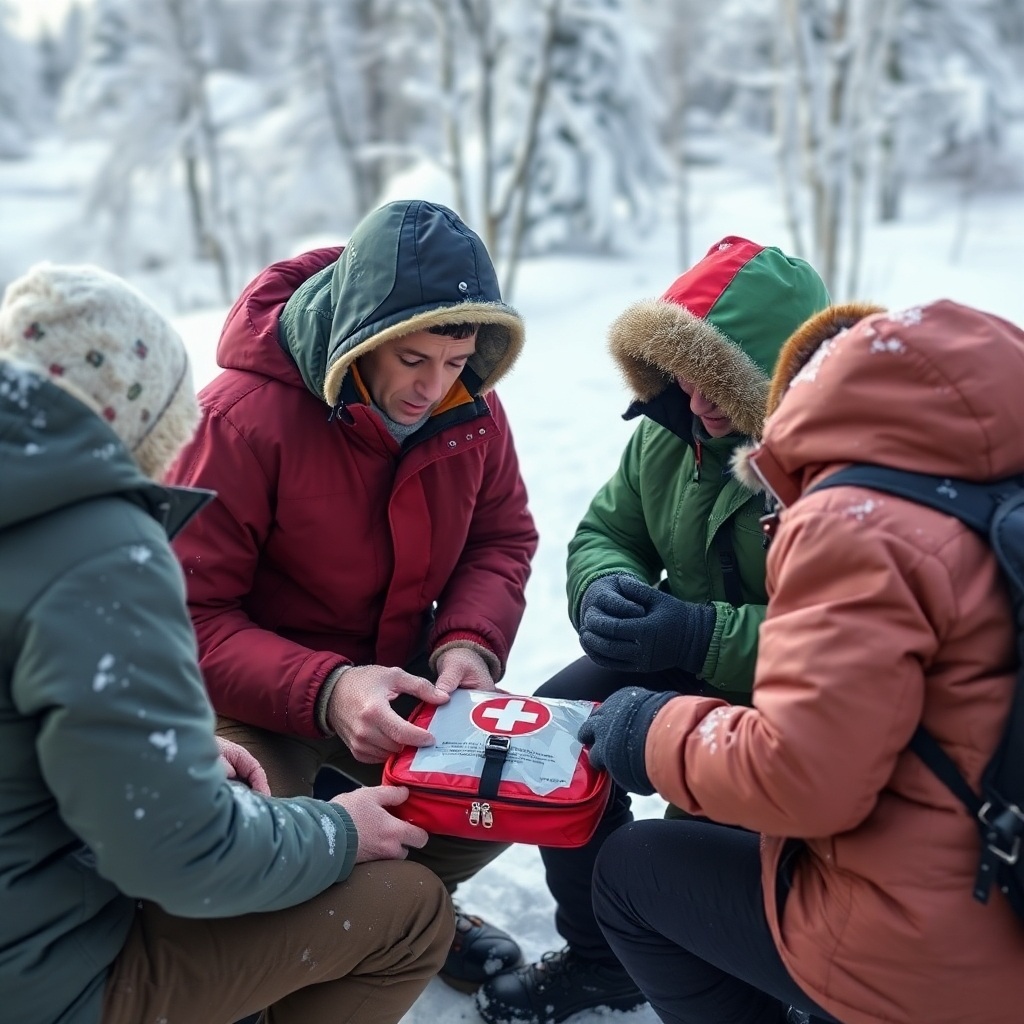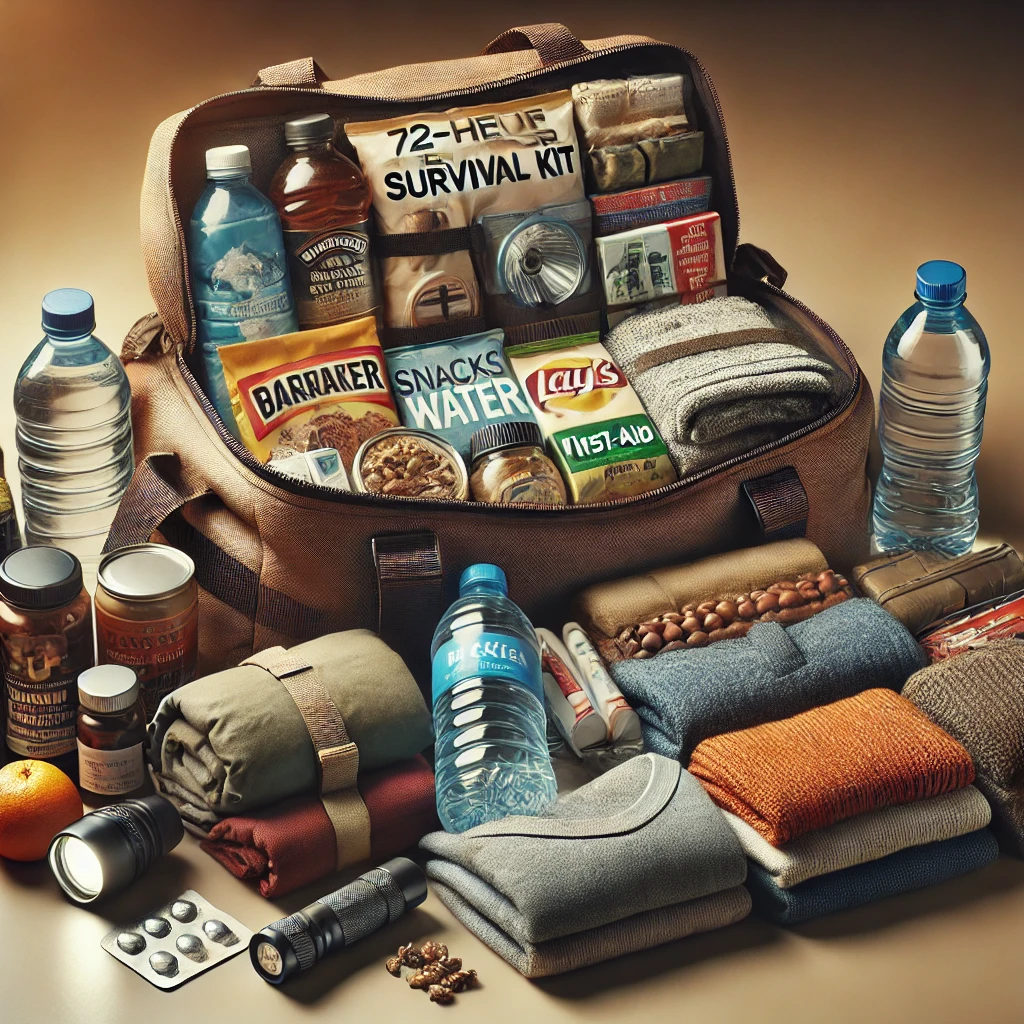Surviving cold weather requires knowledge of first aid and frostbite prevention. In freezing conditions, your body loses heat rapidly, increasing the risk of frostbite and hypothermia. Being prepared can mean the difference between safety and a life-threatening emergency.
Preventing Frostbite
Frostbite occurs when skin and underlying tissues freeze, primarily affecting extremities like fingers, toes, nose, and ears. To prevent frostbite:
- Layer Properly – Wear moisture-wicking base layers, insulating mid-layers, and a waterproof outer shell.
- Protect Extremities – Use mittens instead of gloves to trap heat, insulated boots for airflow around toes, and scarves or face masks for the nose and ears.
- Stay Dry – Wet clothing increases frostbite risk. Carry waterproof gear and extra dry layers.
Recognizing and Treating Frostbite
Early signs of frostbite include numbness, discoloration (white, yellow, or blue), and hard or waxy-looking skin. If frostbite is suspected:
- Warm Gradually – Use body heat or lukewarm water; avoid direct heat sources.
- Do Not Rub – Rubbing the affected area can cause further tissue damage.
- Minimize Use – If toes are frostbitten, avoid walking to prevent worsening the injury.
Hypothermia: Signs and Treatment
Hypothermia occurs when core body temperature drops below 95°F (35°C). Symptoms include shivering, slurred speech, slow breathing, and poor coordination. If you suspect hypothermia:
- Seek Shelter – Get out of the cold as soon as possible.
- Change Wet Clothes – Replace with dry, warm layers.
- Insulate Core – Wrap in blankets, focusing on chest and torso.
- Drink Warm Fluids – Avoid alcohol, as it exacerbates heat loss.
Essential First Aid and Survival Tips
- Carry a First Aid Kit – Include bandages, antiseptic wipes, a thermal blanket, and other survival essentials.
- Learn Cold-Weather First Aid – Take a course to enhance survival skills.
- Stay Hydrated and Nourished – Dehydration increases the risk of cold-related illnesses. Consume water and high-energy foods to maintain body heat.
Final Thoughts
Cold weather survival requires preparation, awareness, and quick action. Understanding frostbite and hypothermia, knowing how to prevent them, and having essential first aid knowledge significantly increase your chances of staying safe. Stay vigilant, stay warm, and prioritize safety in freezing conditions.
We are a participant in the Amazon Associates Program. As an Amazon Associate we earn from qualifying purchases with no additional cost to you. We appreciate your support. Read our complete Affiliate Disclaimer here.



